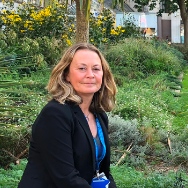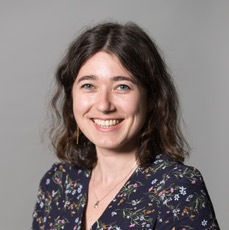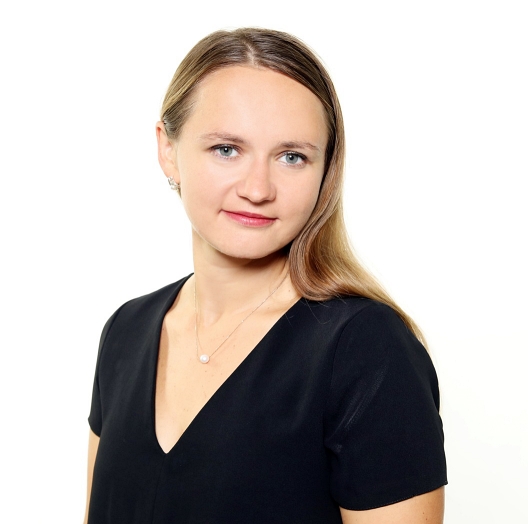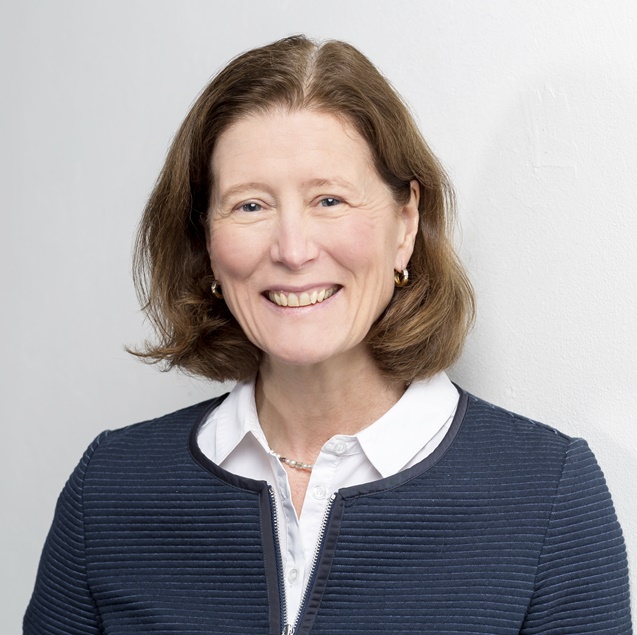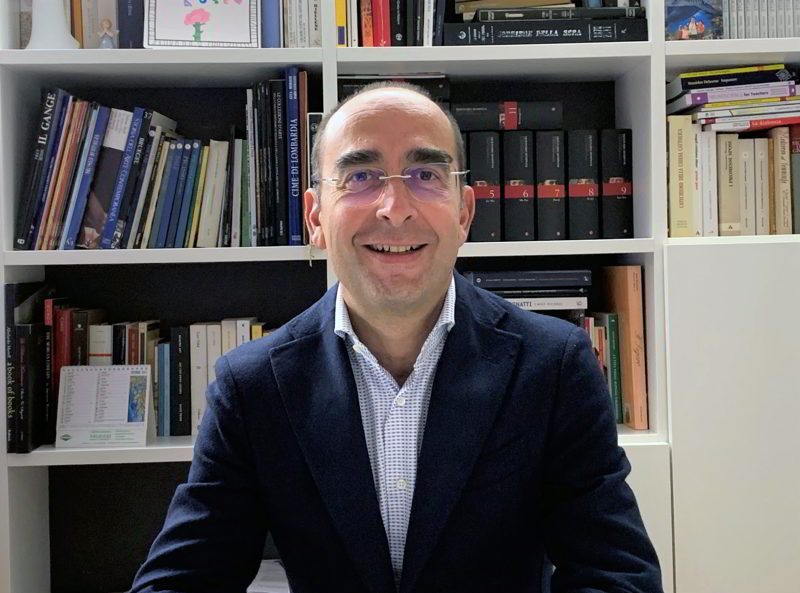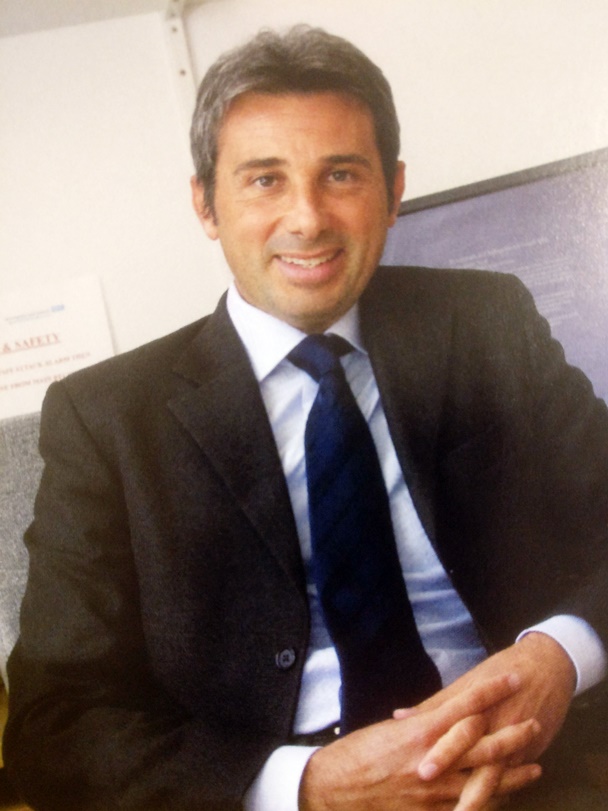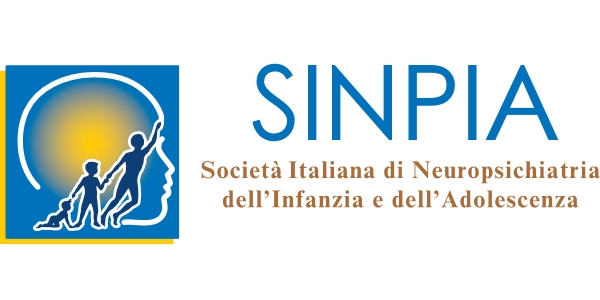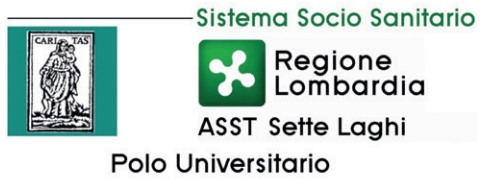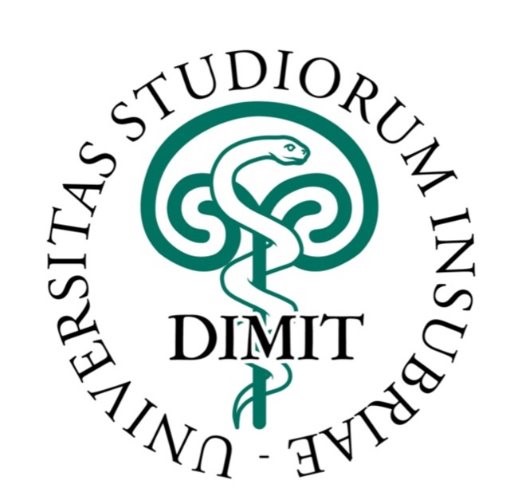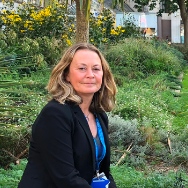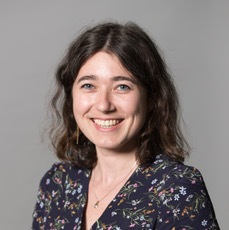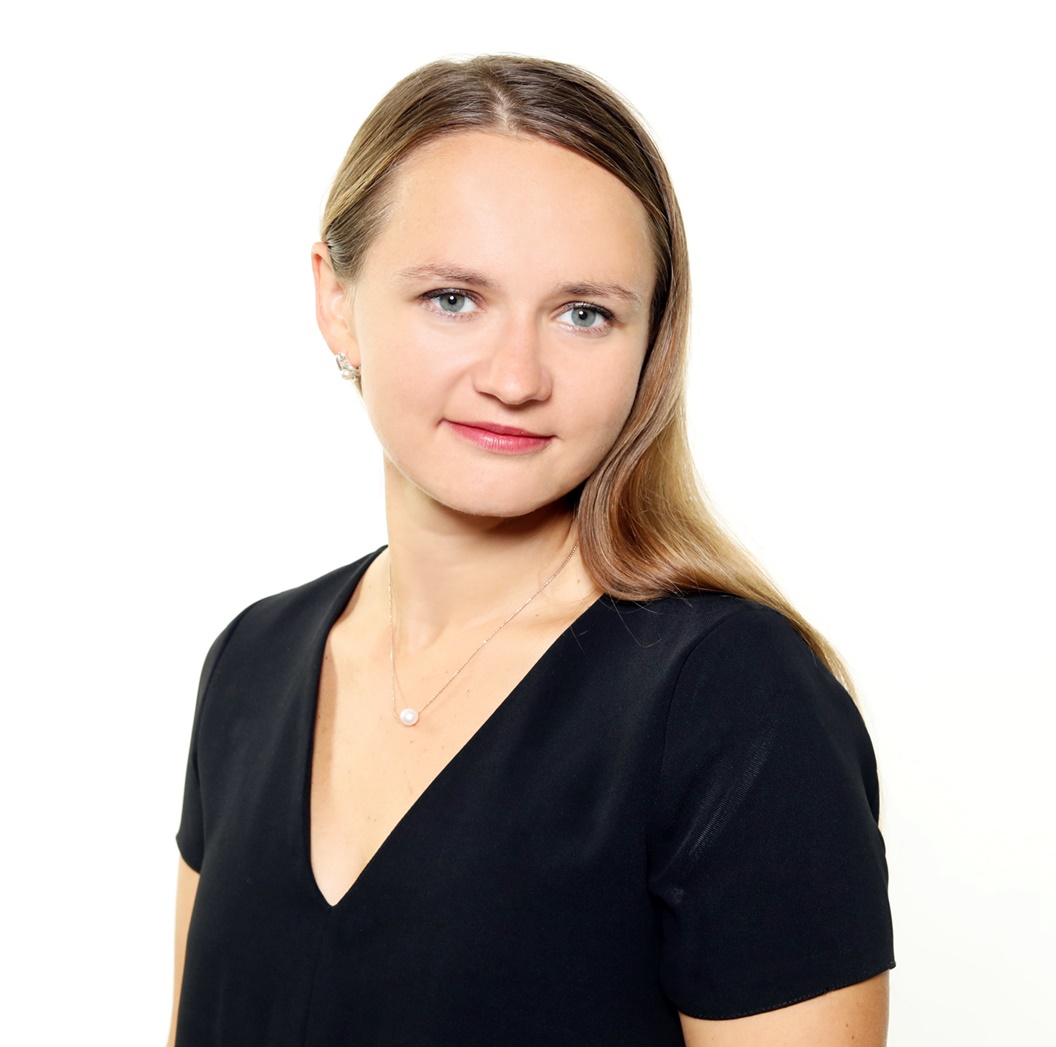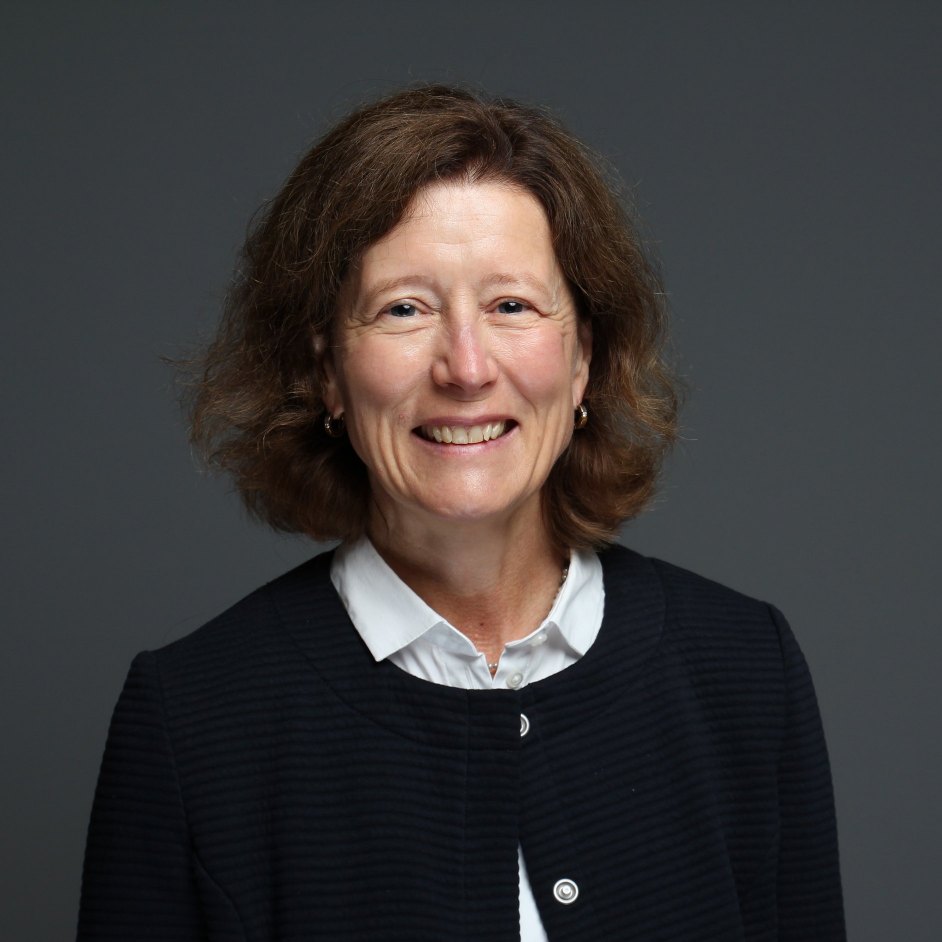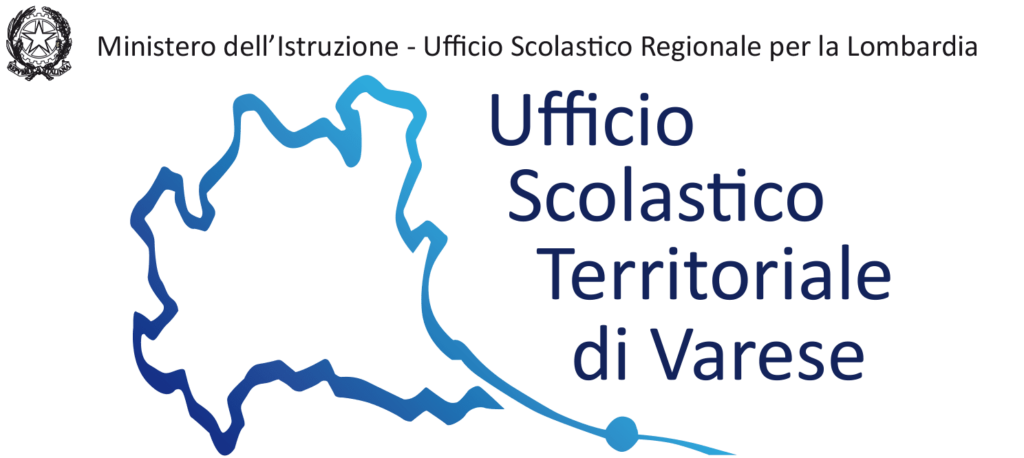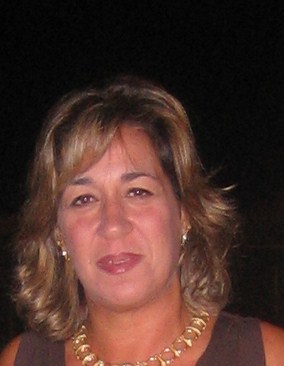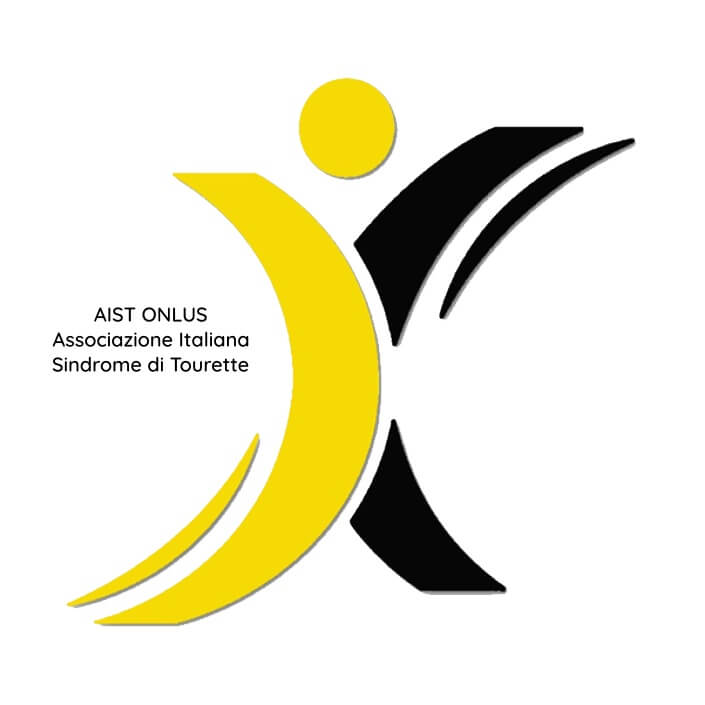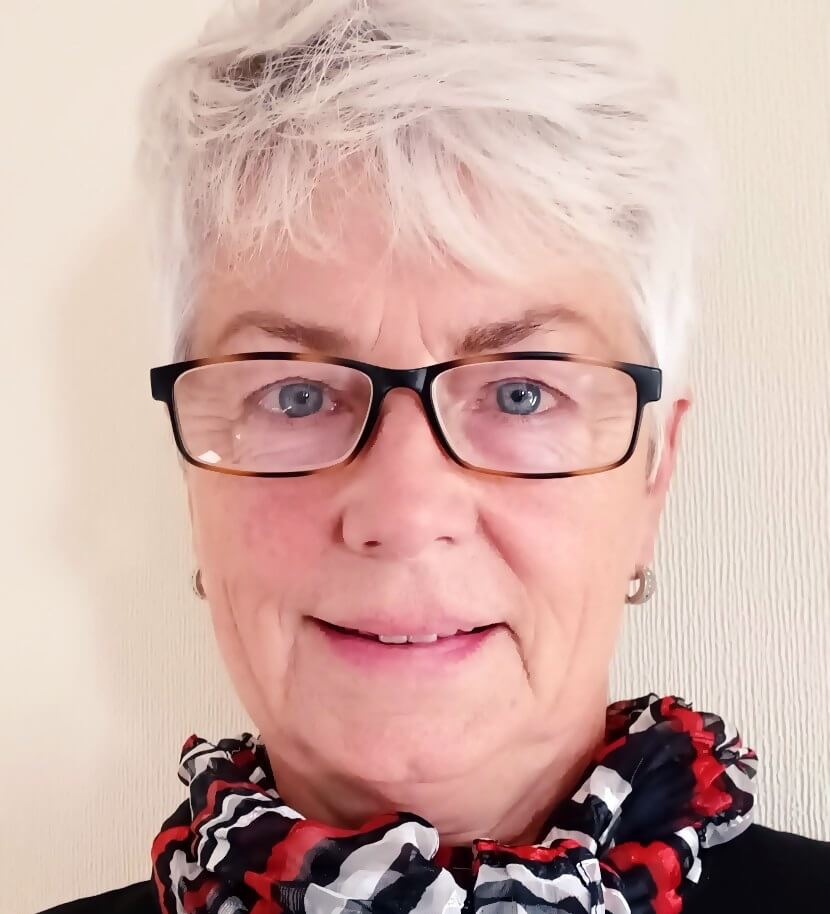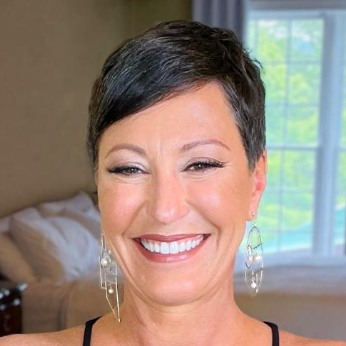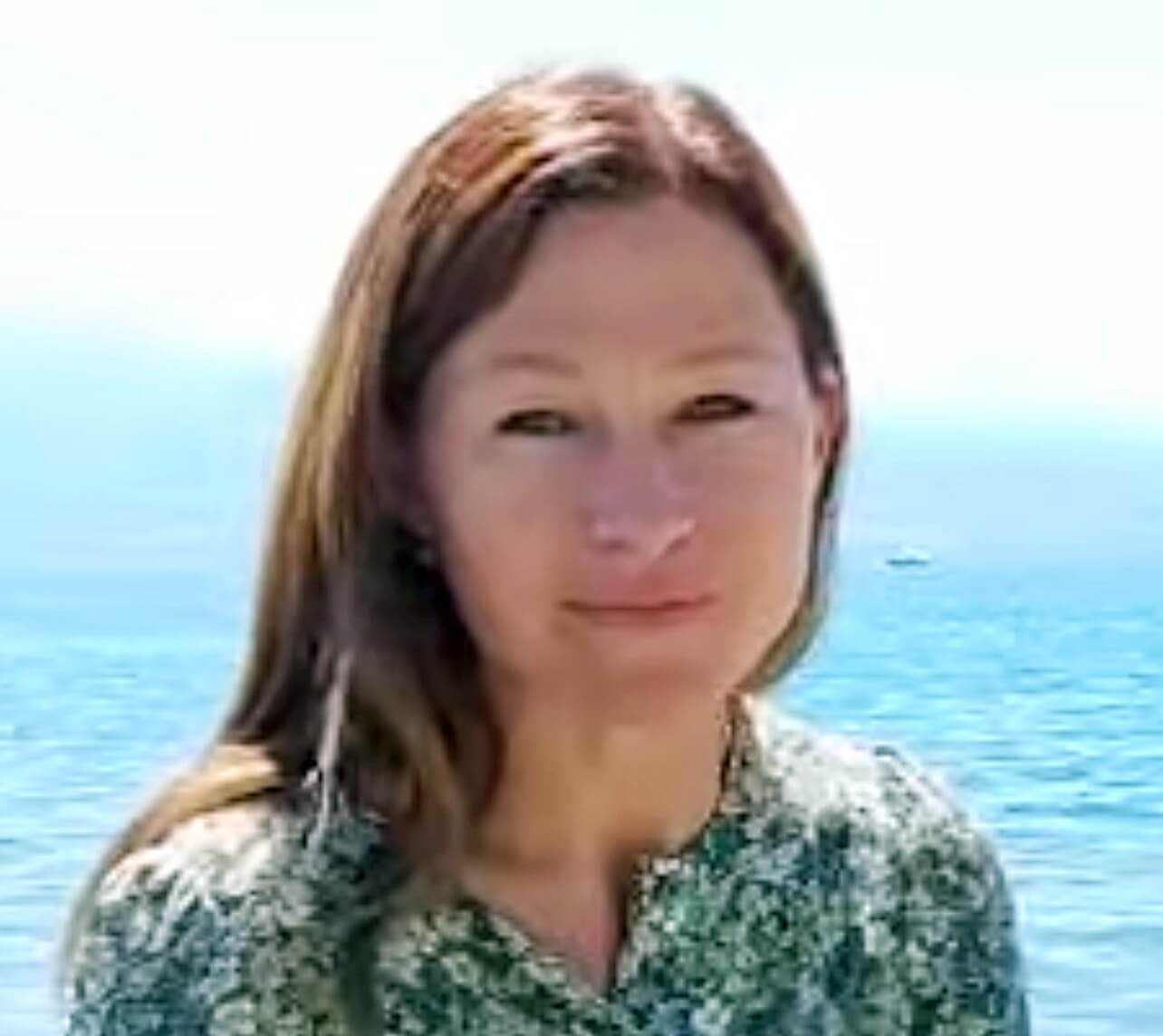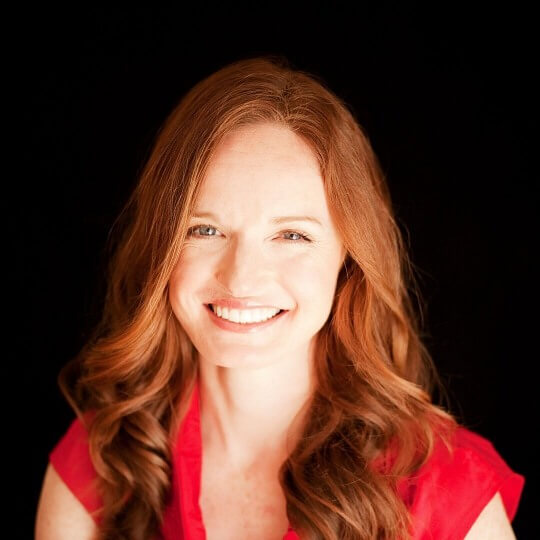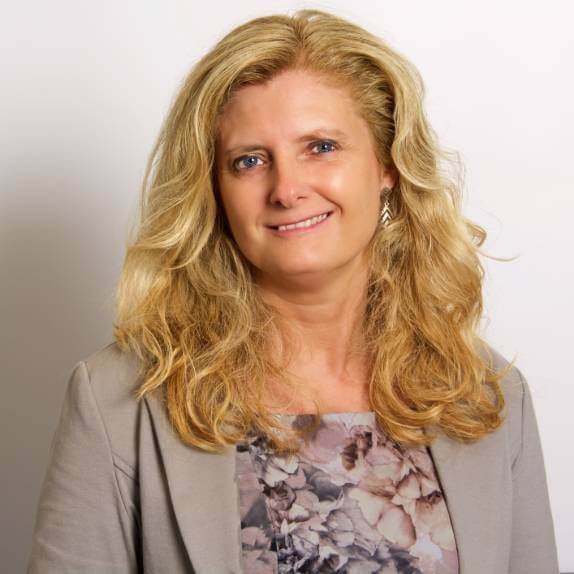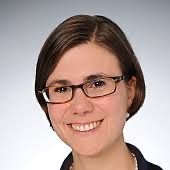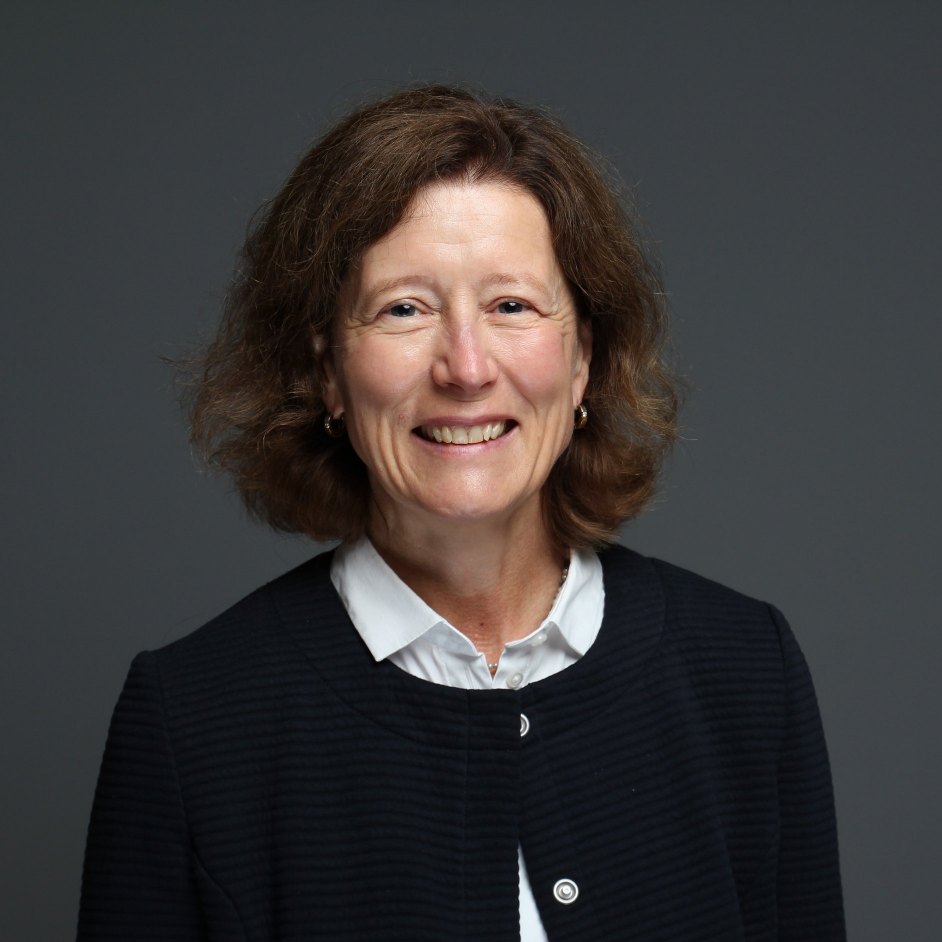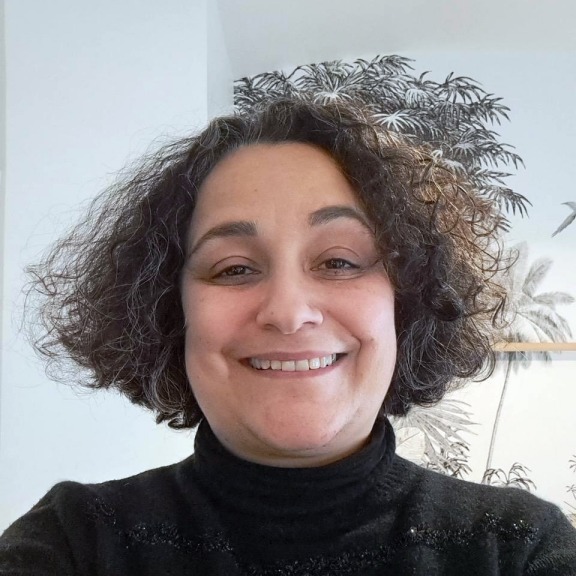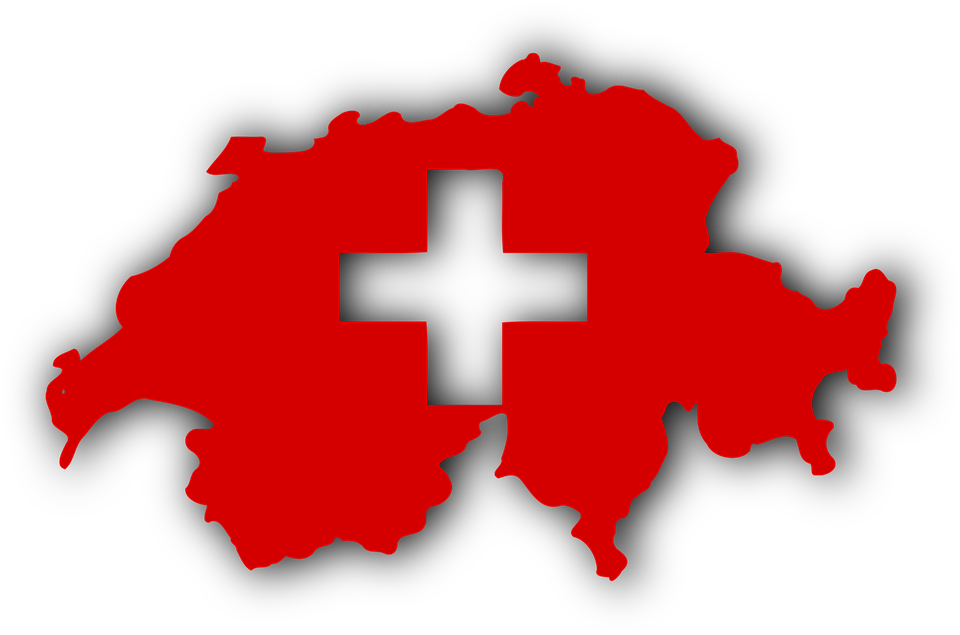
For our 15th webinar of the v.2 series, we head to Boston, MA.
Our guest today is Dr Marisela E. Dy-Hollins, a pediatric neurologist who specialises in movement disorders.
She is the director of the Pediatric Movement Disorders Program at Massachusetts General Hospital and Assistant Professor of Neurology at Harvard Medical School. Marisela also sees patients with tic disorders at the Mass General Tourette Syndrome Center of Excellence.
The webinar presents the results of research published earlier this year on Neurology titled "Sex Differences in Natural History and Health Outcomes Among Individuals with Tic Disorders." The article highlights that sex disparities where females with Tourette Syndrome are less likely to be formally diagnosed with Tourette Syndrome compared to males. The authors also found sex differences in people with persistent motor or vocal tic disorders.
Future research is needed to understand sex differences longitudinally in both Tourette Syndrome and Persistent Motor or Vocal Tic Disorders.
Contact Marisela E. Dy-Hollins.
Click below to access the article, including the references, published on Neurology Journals.
The Frontiers editorial office will be able to provide more information/answer any questions.
Discover the spectacular destination where we shall meet again next summer!



Invited speakers
- Le relazioni si terranno in lingua inglese con traduzione simultanea in italiano
- Accreditamento ECM per medici, psicologi, infermieri
"A brilliant and empathetic comedy narrating the daily life of a boy with Tourette."
(See detailed programme below)
- Prof Andreas Hartmann, France
Neurologist, Department of Neurology, Hôpital de la Pitié-Salpêtrière, Paris, FR - Dr Christelle Nilles, France
Neurologist, Department of Neurology, Rothschild Foundation Hospital, Paris, FR
- Michele Dunlap, Germany
President & Acting Treasurer - Marla Shea, UK/USA
Secretary
- Christina Papakaliatis, Founder
-Healthcare professionals: a round table for discussion with the speakers will be held in the afternoon.
Online registration is mandatory to secure your participation.
- This event is strictly available to adults and minors aged 16-17 years old. Underaged attendees will not be permitted access.
- The seminar is offered for educational purposes; clinical consultations with any of the invited healthcare professionals will not be provided onsite.
- Only registered participants may attend the event. We will regrettably not be able to admit other non-registered visitors accompanying you.
- Tourette Greece
- TTAG
- ESSTS
- Assessment (including differential diagnosis)
- Natural course and prognosis
- Epidemiology
- Causes & mechanisms
- Q&A
- ADHD (Attention Deficit Hyperactivity Disorder)
- OCD (Obsessive-Compulsive Disorder)
- ASD (Autism Spectrum Disorder)
- Mood (anxiety & depression)
- Sleep
- Q&A
- Available treatments
- Clinical cases
- Comprehensive Q&A with the audience
- Tuesday, 27 May 2025: 18:00-20:00 BST. Led by: Virginie Czernecki & Katrin Woitecki
- Tuesday, 30 September 2025: 18:00-20:00 BST. Led by Tara Murphy & Jolande van de Griendt
- Tuesday, 25 November 2025: 18:00-20:00 GMT. Led by: Cara Verdellen & Katrin Woitecki
Registration rate per online consultation (2 hours): €35.
(See detailed programme below)
- Dr Christos Androutsos
Child and Adolescent Psychiatrist
Head Consultant at the Child and Adolescent Psychiatry Department, SGHA - Dr Anastasia Dougali
Child and Adolescent Psychiatrist
Child and Adolescent Psychiatry Department, SGHA
- Dr Marinos Kyriakopoulos
Child and Adolescent Psychiatrist
Assistant Professor in Child and Adolescent Psychiatry
- Athanasia Makri
Psychologist
MSc in Clinical Psychology
Online registration is mandatory to secure your participation.
- This event is strictly available to adults and minors aged 16-17 years old. Underaged attendees will not be permitted access.
- The seminar is offered for educational purposes; clinical consultations with any of the invited healthcare professionals will not be provided on site.
- Only registered participants may attend the event. We will regrettably not be able to admit other non-registered visitors accompanying you.
- Behavioural approaches being adapted for acceptance – developmental factors
- Working with school, work & family
- Using Schema Therapy techniques to deal with negative childhood experiences that need addressing
- Parents Living Well with Tics; engaging the system to enhance acceptance and well being
Case discussion led by Noa Ben-Aroya, Dana Feldman and John Piacentini
.png)



